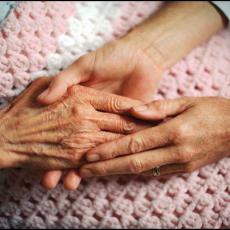In 2013, the Department of Labor (“DOL”) issued new regulations ruling that third-party employers of companionship services are not eligible to use either the companionship exemption or the live-in overtime exemption for employees it sends to client homes. In late December 2014 a district court invalidated the new regulations. Just today the Circuit Court of Appeals overturned the district court ruling and upheld the regulations. Read the court’s opinion here: http://www.cadc.uscourts.gov/internet/opinions.nsf/4F1B05FAF98FCC6E85257EA8004E9BD0/$file/15-5018-1569088.pdf
For years, the DOL took the position that caregivers in the home, whether hired directly by the homeowner or placed in the home through a service, were exempt from the minimum wage and overtime provisions of the Fair Labor Standards Act (“FLSA”). The “companionship” exemption was a complete exemption, meaning that qualified caregivers were not eligible for either minimum wage or overtime. The live-in exemption was a partial exemption, meaning that qualified caregivers were not eligible for overtime compensation.
In 2013 the DOL concluded that because so many persons receive care at home rather than in an institution, “workers who provide home care services … perform increasingly skilled duties” and therefore they should be subject to the FLSA’s provisions just like workers in an institution.
The appellate court’s ruling will result in an increase of staffing costs for caregiving companies, and for the families to whom they provide services. As a result, some less reputable companies may attempt to skirt the law. Moreover, families will attempt to hire caregivers on their own. These families won’t have the help of an experienced company who thoroughly investigates the caregiver’s abilities and other tendencies. Nor is it likely that families will competently follow rules required of employers, including payroll withholdings, workers’ compensation insurance, etc.
This will undoubtedly result in additional litigation.

